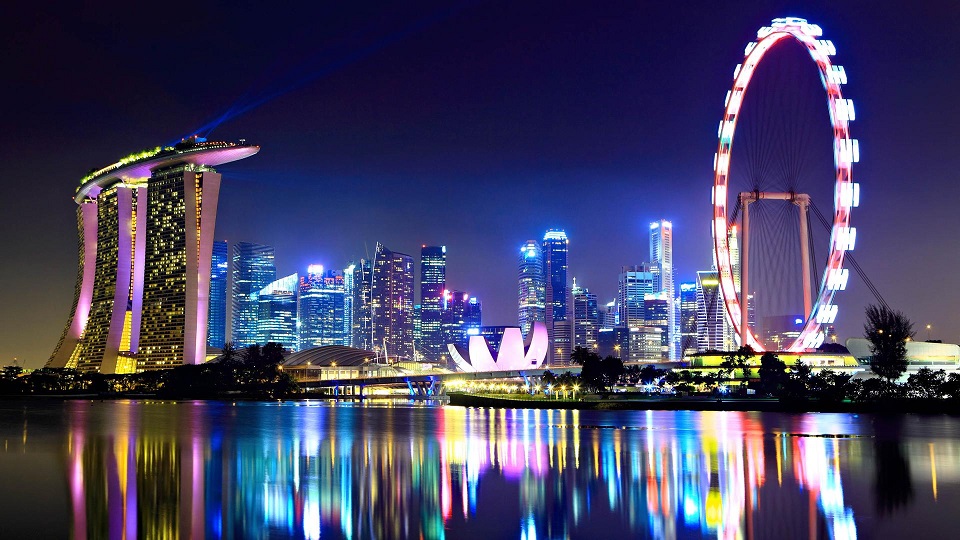If cities across the globe today were to universally adopt and deploy smart city strategies, technology and services, what would that mean for citizens?
An Intel-sponsored Juniper research has the answer to this query: dividend in terms of time and quality of life to each citizen.
Examining a number of cities across the globe in terms of progress and future potential across four indices, to wit, mobility, public safety, healthcare and productivity, Juniper arrived at some interesting insights that will have significant bearings on how smart cities governance should transform in the immediate future.
Smart cities giving time back to people
The study quantified in terms of time the potential of smart technologies to “give back” to each city dweller.
Accordingly, the use of smart technology can give back each city dweller three working weeks’ worth of time every year, broken down as follows: mobility, 60 hours; public safety, 35 hours; healthcare, 9 hours; and productivity, 9 hours.
In terms of mobility, it is known to all that the use of smart technology in enhancing urban mobility has already been used by some cities. The use of smart traffic systems such as dynamic traffic light phasing and smart parking results in reduced time in traffic. Open data platforms inform citizens’ decision-making to choose the fastest metro or bus lines.
Juniper explains that improvements in public safety, in particular emergency response, can have considerable time benefits for citizens. These intangible benefits result in 4 million citizens leading happier lives every year. This, according to the study, can be “achieved via an assumed 10% reduction in violent crime, as well as a 15% improvement in emergency response times; with both benefits serving to reduce the impact of stressful life events.”
The study further suggests that the use of healthcare preventative apps and telehealth can potentially reduce average physician visits which results in at least 9 hours saved for every citizen annually; hence, promoting overall health and well-being. Accordingly, “digital health services can play a big role in creating efficiencies, with benefits felt at both the citizen level as well as on the caregiving side.”
Finally, in terms of productivity, apps or digital services can help simplify administrative processes when citizens interact with city agencies. Quantified in time saved, it amounts to 9 hours annually for every city dweller.
Top smart city performers
Ranking the top 20 global smart cities based on performance and project deployments across the 4 indices studied, alongside their published strategies and key goals for future city development, Juniper disclosed that Singapore takes the top spot, with London and New York trailing behind the Asian city-state.
In terms of mobility challenges, Singapore, San Francisco and London are the world-leading cities. The study cited Singapore as an example of a smart city that applies “smart, connected traffic solutions, in conjunction with very strong policy curtailing car ownership in an effort to reduce the number of vehicles on its roads.”
In terms of healthcare services, the leading cities were found to be Singapore, Seoul and London. The study reveals that “both Singapore and Seoul were notable in terms of their focus on addressing healthcare service provision for elderly citizens through a range of technologies, including digital service platforms as well as remote monitoring devices.”
Singapore, New York and Chicago ranked highly in terms of public safety. New York, for instance, has worked hard over the last 25 years to address what was an epidemic of violent crime. Using a data-driven approach, it has developed predictive modelling both for law enforcement as well as the fire department. Singapore meanwhile has trialed smart video surveillance to detect criminal activity.
In terms of citizens’ access to digital services and city information for better and improved citizens’ productivity, Singapore, London and Chicago were leading the pack, “each with large open data stores alongside strategies to encourage private innovation either through funding, specialized test-bed environments (London and Singapore) or through city-wide initiatives to provide citizens with a variety of data.”
Watch the video below for details:
https://www.youtube.com/watch?v=FRY-NHdI05E
Average cities are ripe for disruption
Not all cities can be Singapore, London or New York. Not in a day.
It takes years of constant hard work, political will and intelligent planning before these cities were able to attain what they have at the moment.
As the cliché goes, “Rome was not built in a day.”
But Juniper’s study found one interesting insight that is worth considering: “numerous services in the average city are ripe for disruption in terms of how they are organized and delivered.”
Juniper found that this case rings true where data is used to create more efficient services ranging from complex issues surrounding the establishment of businesses in the city, to simple services, such as retail payments.
That said, there is room for improvement in every city.
Source: Intel Newsroom
Photo: landmobile.co.uk, smartcitiesworld.net, travelmassive.com








